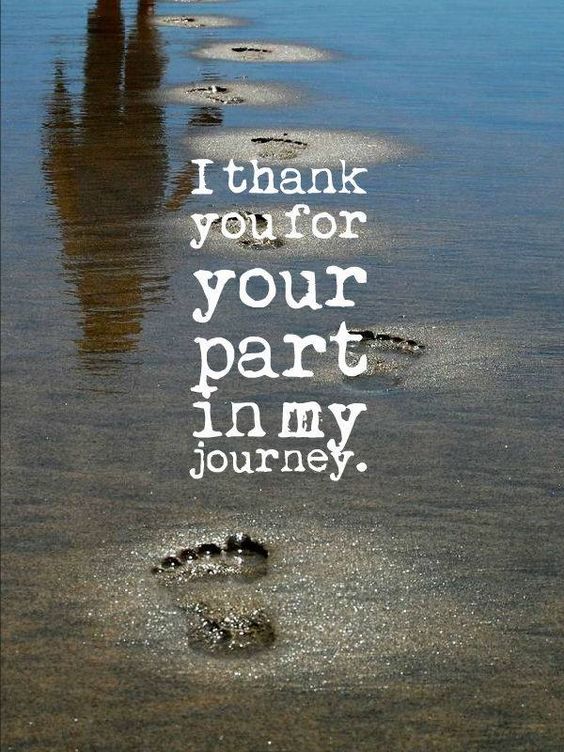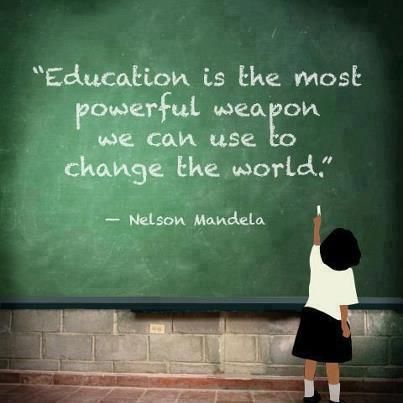Here I am at the end of a 2-year journey to obtaining my Master’s Degree. WOW–where did the time go? I guess it flew by somehow in the midst of all the wonderful knowledge I was gaining. A few of the greatest aspects that I learned along the way include:
- The importance of relationships. Relationships are the absolute backbone to achieving dreams. Relationships can make or break desired goal achievement! Accomplishments are more easily obtained when there are individuals who form a united team and work toward a common goal for a positive end result. Within these relationships everybody can learn and teach–viewpoints may be different, but ah ha moments can then also be discovered leading to greater focused solutions.
- Self-Reflection is absolutely necessary. I can honestly say that prior to this Master’s Program I did not realize the true importance of self-reflection and understanding my core beliefs/values and why I had those beliefs/values. But now I understand that in order to truly understand others I must know and understand myself and where I am coming from.
- WOW diversity is deep. I knew about diversity and the existence of diversity, but I did not know diversity. Throughout my life only the surface of diversity was uncovered and I had no real knowledge of how deep diversity runs within all of us and the world in which we live. I have discovered that the surface of diversity does not share a true story of an individual or group, there is so much more to learn in order to gain a full understanding.
Having discovered a broader anti-bias knowledge base, one long term goal I wish to pursue is to continue to broaden my anti-bias horizons with more new knowledge. I want to be the best me that I can be–not just for myself, but for my family, the children and families in which I serve, and the strangers in which I will come in contact with throughout life. I want to be able to build new relationships, communicate, self-reflect, understand others, and live an anti-bias life. I know the journey has just begun and I know that it will be a challenging ride, but another thing that I have learned throughout this program is that anything is possible. If you can dream it you can achieve it!!!
Now with all of this said, I need to say a great big THANK-YOU to each and every professor and colleague I have come in contact with along the way. Every single one of you has played an important role in allowing me to gain so much knowledge and have lit a fire in me to continue on my anti-bias journey. I appreciate your wisdom as well as your criticism!! I want to wish you all the best of luck in all of your future endeavors. You have all made me a better me and I am proud to know that I am on such an inspiring, passionate team looking to create a better world for ALL of our children!!

**Continue on**—“The Children are waiting for you” Julie Olsen Edwards (Laureate Education Inc., 2011).
References
Laureate Education, Inc. (2011). Strategies for working with diverse children: Your commitment to anti-bias work. Baltimore, MD: Author

